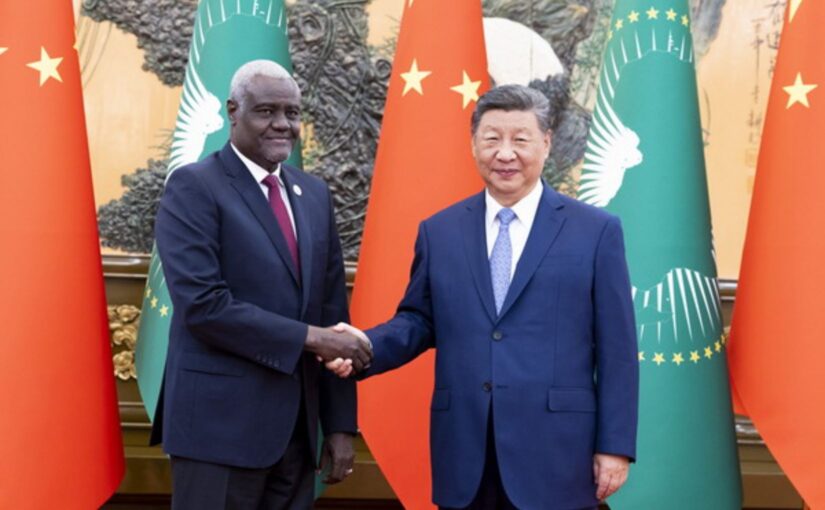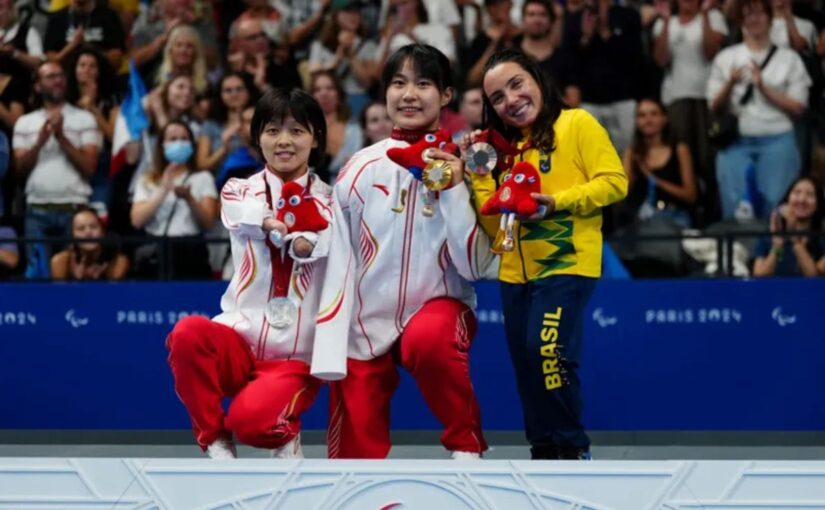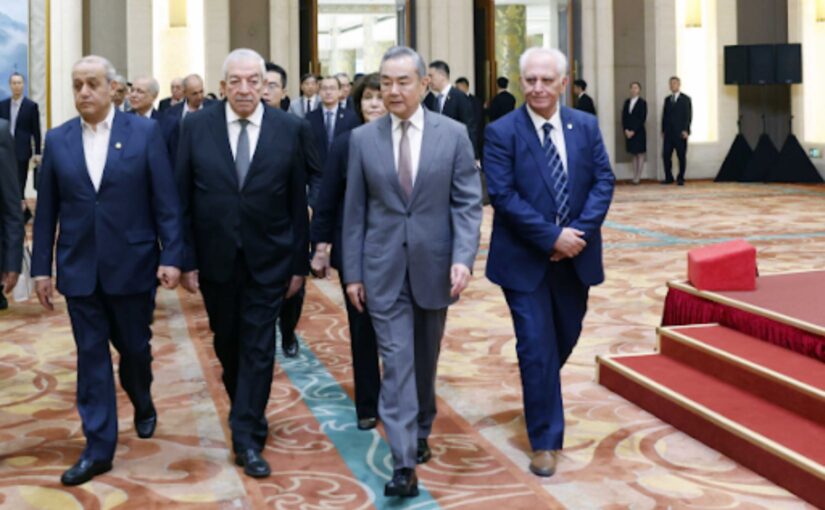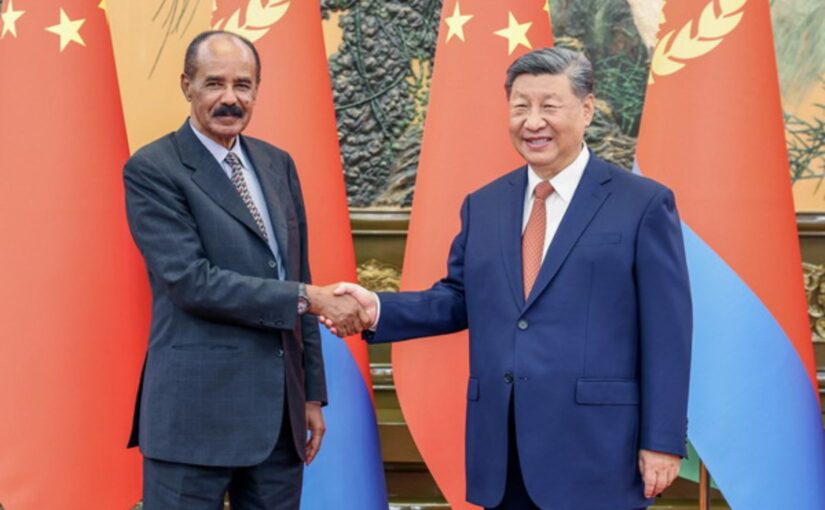On Saturday 28 September, Friends of Socialist China – with the support of the Communist Party of Britain (CPB) and the Morning Star – hosted a conference in Bolívar Hall, London, to mark the 75th anniversary of the founding of the People’s Republic of China. The event was attended by over a hundred people, making it the largest event in Britain in solidarity with People’s China in several decades, and an important milestone for Friends of Socialist China.
Opening the event, Carlos Martinez noted that the fact we have been able to organise such an event now, in spite of the relentless propaganda campaign against China in the West, points to a number of factors.
First and foremost, China’s role in the world increasingly speaks for itself, and stands in stark contrast with the foreign policy of Britain, the United States and the European Union. Looking at the wildly varying policies of China and the West in response to the genocide in Gaza, the US’s proxy war in Ukraine, the attempted electoral coup in Venezuela, the blockade of Cuba, the climate crisis and more, it’s increasingly clear that China is a force for peace and progress, whereas the West is a force for war and reaction. Meanwhile, while ordinary people in the West face a cost of living crisis, China is eradicating poverty, building infrastructure, and raising living standards.
Carlos observed that there is also a subjective factor involved: in its three and a half years of existence, Friends of Socialist China has been playing a valuable role presenting the reality of Chinese socialism to a progressive audience in the West, and the Morning Star, CPB and other groups have also been doing important work along those lines.
Lasting all day, the conference featured a range of speakers from different backgrounds, including academics, trade unionists, journalists, and diplomats. We will be publishing videos and texts from the event in the coming days.
The opening rally was addressed by Venezuelan ambassador to the UK Félix Plasencia, Cuban ambassador to the UK Ismara Vargas Walter, Minister Zhao Fei from the Chinese Embassy, First Secretary of the embassy of the Lao People’s Democratic Republic Phonesy Boulom, and RMT president Alex Gordon. Indian Workers Association (GB) vice-president Harsev Bains introduced a minute of silence in honour of the veteran Indian communist and longstanding friend of China Sitaram Yechury.
The first panel, on China, multipolarity and the rise of the Global South, was chaired by Myriam Kane, and featured contributions from Senator Mushahid Hussain (video), Murad Qureshi, Jenny Clegg, Francisco Domínguez, Ali Al Assam, and Roger McKenzie (video). Myriam also read out messages of solidarity from the Democratic Front for the Liberation of Palestine and the Patriotic Party of Türkiye.
The second panel, on China’s road to socialism, was chaired by Fiona Sim, and featured contributions from Keith Bennett, Andrew Murray, Pawel Wargan (video) and Eben Williams. Unfortunately due to technical reasons, the pre-recorded video by World Association of Political Economy president Cheng Enfu could not be shown, but we will be publishing the text soon.
The final panel, on Standing up against the New Cold War, was chaired by David Peat, and featured contributions from Chen Weihua (video), Liz Payne, Ben Chacko, and Kevan Nelson.
The closing rally was chaired by Micaela Tracey-Ramos, and featured contributions from George Galloway (video), Zhang Weiwei (video), and Robert Griffiths.
We would like to thank all the speakers, chairs, and attendees for making the event such a success, and we look forward to building on the momentum generated.
The conference was also used to launch the new Praxis Press volume People’s China at 75 – The Flag Stays Red, edited by Carlos Martinez and Keith Bennett, and featuring contributions from Ken Hammond, Jenny Clegg, Andrew Murray, Cheng Enfu, Kenny Coyle, Roland Boer, Mick Dunford, Josh Sykes, Efe Can Gürcan, Radhika Desai, Keith Bennett and Carlos Martinez.
The following day, on 29 September, comrades in the US organised a conference China at 75: Changes Unseen in a Century, featuring an array of great speakers including Gerald Horne, Margaret Kimberley, Qiao Collective, Danny Haiphong, Julie Tang, Ken Hammond, Bahman Azad and many more.
Below we republish a report of the London conference by Morning Star editor Ben Chacko, followed by an article about the event in China Daily.
‘A beacon of hope’ – 75 years of socialist China
SEVENTY-FIVE years after its communist revolution, China is still working to build “an open, inclusive, clean and beautiful world of peace and shared prosperity,” minister of the Chinese embassy Zhao Fei told a celebratory anniversary meeting in central London at the weekend.
Friends of Socialist China hosted a day-long conference on China’s revolution in Bolivar Hall on Saturday with support from the Communist Party and Morning Star.
The packed meeting heard from Cuban, Venezuelan and Laotian diplomats, Chinese and British scholars, journalists, revolutionaries and anti-racist activists who discussed Chinese socialism, the new cold war and the rise of the global South.
Zhao told attendees that the Chinese Communist Party remained true to its founding principles, had won “the largest battle against poverty in history” and was determined to pursue a peaceful foreign policy in the face of provocations from the United States.
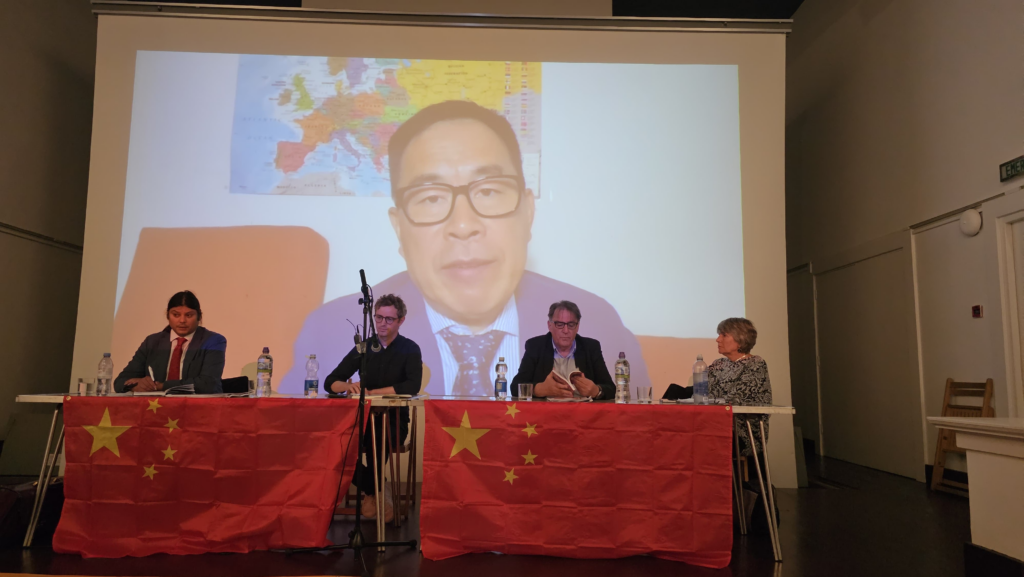
Internationally, it remained “a beacon of hope and a true friend for all countries still struggling for full independence,” Venezuela’s chargé d’affaires Felix Plasencia pointed out, noting its role in assisting countries suffering from unilateral US sanctions, particularly during the Covid pandemic when the US tried to block medicines from reaching Cuba, Venezuela and Iran.
Together with Cuban ambassador Ismara Vargas Walter, he stressed China’s work to usher in “a new era of international co-operation” in which domination by US imperialism, enforced by the threat of war, unequal trade treaties and punitive sanctions regimes, is replaced by respect for each country’s sovereignty — a model exemplified by the Belt & Road Initiative, which in contrast to loans from the IMF or World Bank provides development funds without political or economic-policy strings attached.
In future “no single nation or bloc of nations will be able to determine the fate of the others,” Walter said.
Sessions challenged common myths about the People’s Republic of China.
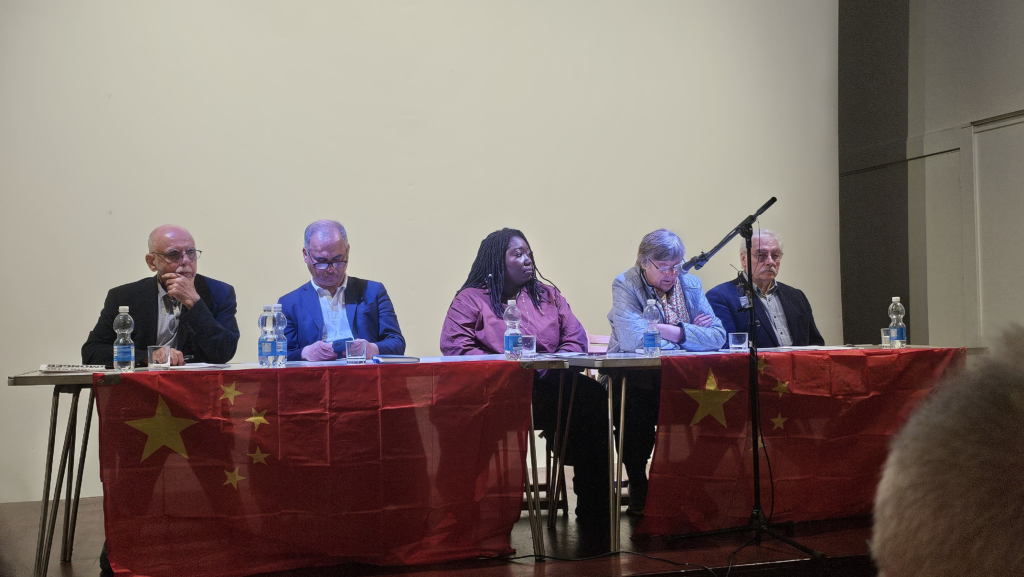
In a whistle-stop tour of its history, Friends of Socialist China’s Keith Bennett pointed out that Western perceptions of a contradiction between the revolutionary zeal of the Mao years and the “reform and opening up” period since 1978 were often misleading.
The Mao period was not a disaster for China — “life expectancy rose by a year for each year Mao was in power” and in providing education, basic healthcare and building up national infrastructure of road and rail had laid the groundwork for the spectacular economic growth that has taken place since, he pointed out.
If Mao’s China had been one of the most equal countries on Earth, “it was to a large extent an equality of shared poverty,” prompting the shift to market mechanisms under Deng Xiaoping. But the shift left under Xi Jinping — reflected in a mass social housing programme, stricter curbs on private business and stronger enforcement of workers’ rights — showed that China was now seeking to correct the social problems generated by pursuit of growth at all costs, including wealth inequality and environmental degradation.
Alex Gordon for the Communist Party of Britain looked at the successes of China’s planned economy, slamming Britain’s failed HS2 high-speed rail project, which over a decade provided profits for housing developers from inflated land prices but failed to build the high-speed rail links between Edinburgh, Glasgow, Leeds, Manchester, London and continental Europe it was planned to do.
“In the decade it took to turn HS2 from a rail infrastructure project into luxury homes opportunities for billionaires, China developed a 40,000-kilometre publicly owned high-speed rail network … China’s latest Fuxing bullet train reaches speeds of 350kmh to slash travel times on the 818.9-mile Beijing-Shanghai route to just four hours,” he pointed out.
He challenged propaganda suggesting China did not respect workers’ rights, saluting the first national agreement on truckers’ terms and conditions in the country negotiated by the All-China Federation of Trade Unions with Logory Logistics this May, covering 3.8 million lorry drivers.
On that note Iraqi communist Ali al-Assam reported back from a summer tour of the Xinjiang Uighur autonomous region, confronting the lies of Western media about forced labour and religious persecution.
The packed mosques and calls to prayer of Urumqi and Kashgar reminded him of Iraq or Lebanon, he said, while the treasures of Islamic literature in the region’s public libraries showcased a rich and ancient culture.
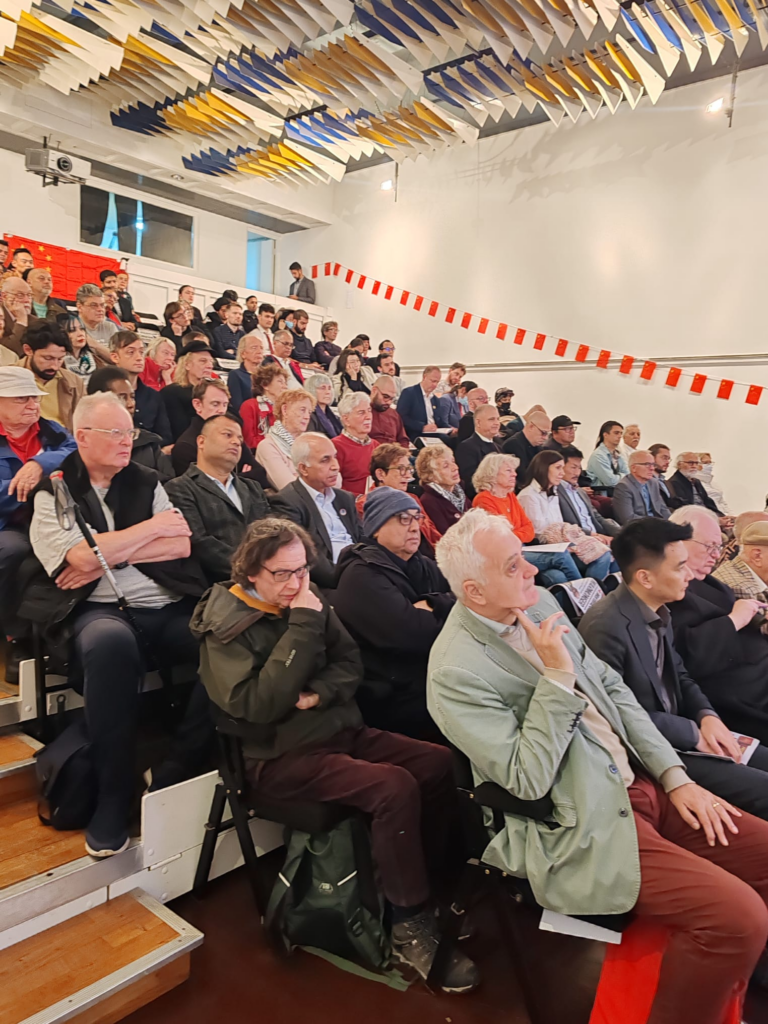
Xinjiang was a high-tech hub for the Belt & Road Initiative and there was no trace of forced labour in its 90 per cent mechanised cotton sector — bar that of the robots.
All street signs in the major cities were first in Uighur and second in Chinese, he said, while Communist Party of Britain leader Robert Griffiths recalled his own trips to Xinjiang and the fact that leading Communist Party and municipal leaders were Uighur and addressed their meetings in the language.
Assam’s contribution highlighted China’s increasing scientific and technological lead over the West, something clear in its dominant role in renewable industries globally.
Above all, speakers urged a wider understanding of China’s positive international role, as the leading country in tackling climate change, demonstrating the benefits of a planned economy and in challenging US world hegemony.
The US drive to war with China, to which Britain is signed up, has to be opposed through confronting the lies about Chinese aggression and expansionism, multiple contributors stressed.
US military spending was three times higher than China’s — or 15 times higher per head of population — while Nato together amounted to 75 per cent of all world military spending. If there’s a new arms race, it was clear who was driving it.
China’s position as the only UN security council member with a no-first-use nuclear policy should be appreciated, attendees heard, while the US-British military build-up around China’s coasts should be seen as the aggressive provocation that it is.
Summing up, Griffiths quoted Chinese President Xi Jinping’s observation that “without China, socialism might have retreated to the margins” of world politics following the fall of the Soviet Union.
But instead, China was taking an ever more active role in the international communist movement and was the leading international force in trying to replace imperialism with a multipolar world.
It deserved far greater support across the British left — and the hundreds who attended were urged to do more to confront misinformation and anti-China propaganda designed to soften up the British people for world war.
Friends of Socialist China looks forward to organising more such events — and its anniversary conference was proof this relatively new group has an important role to play in the British left and peace movements.

Supporters of China celebrate 75th anniversary at London event
Friends of Socialist China, an online platform that promotes understanding of Chinese socialism, organized a conference in London on Saturday to mark the 75th anniversary of the founding of the People’s Republic of China on Oct 1.
Carlos Martinez, the co-founder of Friends of Socialist China, opened the conference in Bolivar Hall by saying China is “a force for peace and progress” amid the current military conflicts and climate crisis.
He cited China’s position in demanding an immediate ceasefire in Gaza, the Belt and Road initiative that provides development opportunities for the world, and the country’s advances in green technologies to tackle climate change as major achievements.
Zhao Fei, minister of China’s embassy in the United Kingdom, addressed the more than 100 attendees and reflected on the “two miracles of rapid economic development and long-term social stability” that China has achieved during the past 75 years with the strong leadership of the Communist Party of China.
“On our journey ahead, we will inevitably be confronted with problems, risks, and challenges,” Zhao said, adding that by upholding the fighting spirit, further deepening reform, and unleashing new productive forces, China will become a great modern socialist country in all respects by the middle of the century.
Cuba’s ambassador to the UK, Ismara Vargas Walter, said when the People’s Republic of China was founded in 1949, it marked the triumph of the indomitable spirit of the Chinese people in their struggle for sovereignty, dignity, and a future free from colonialism and imperialism.
Walter said China has been “a beacon of hope for the oppressed” because its policy of peaceful development, mutual respect, and win-win cooperation stand in sharp contrast to coercion and militarism.
Felix Plasencia, a former ambassador to China for Venezuela, and Phonesy Boulom, first secretary of Lao’s embassy in the UK, also spoke at the event, praising China’s role in championing cooperation with developing countries and opposing wars and unfair sanctions.
The conference was divided into three panels: China, multipolarity and the rise of the Global South, China’s road to socialism, and standing up against the New Cold War.
Around 20 speakers, including academics, trade unionists, and journalists, spoke in person or via video and shared their firsthand observations, longtime studies, and positive opinions about China.
The Praxis Press also launched a new collection of essays at the event that were edited by Carlos Martinez and Keith Bennett. Titled People’s China at 75 – The Flag Stays Red, the book features contributions from experts on China from around the world.
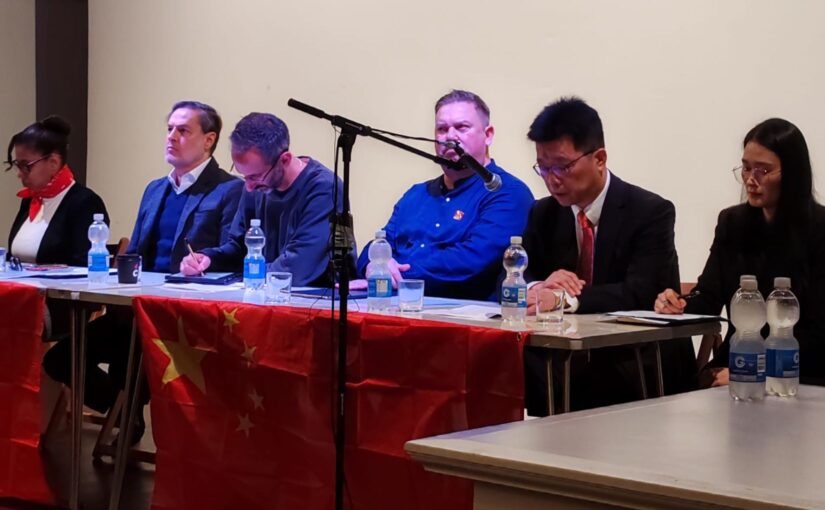
 of foundation.
of foundation.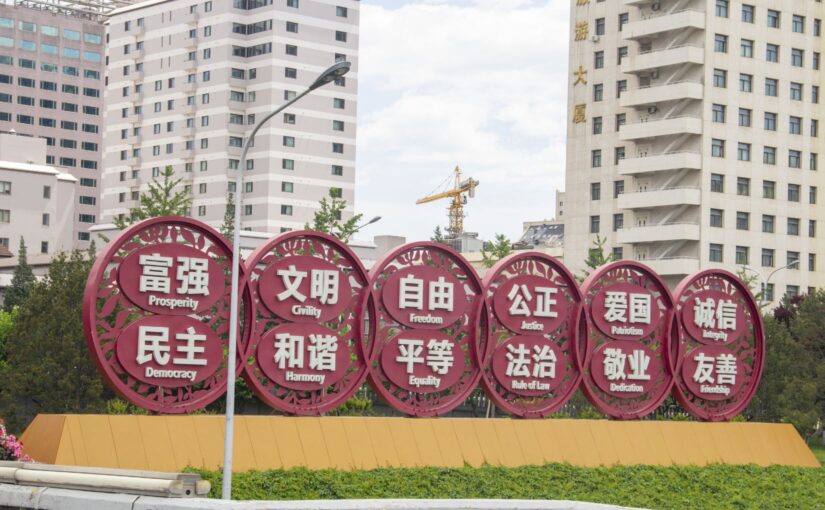
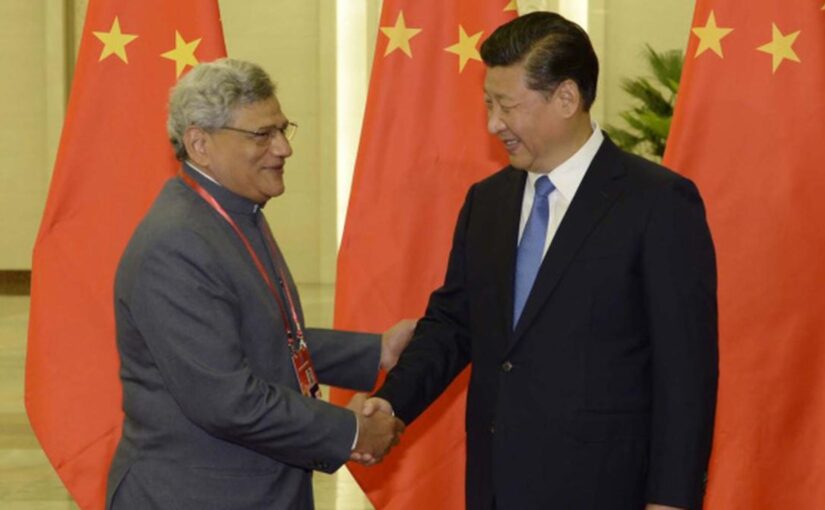
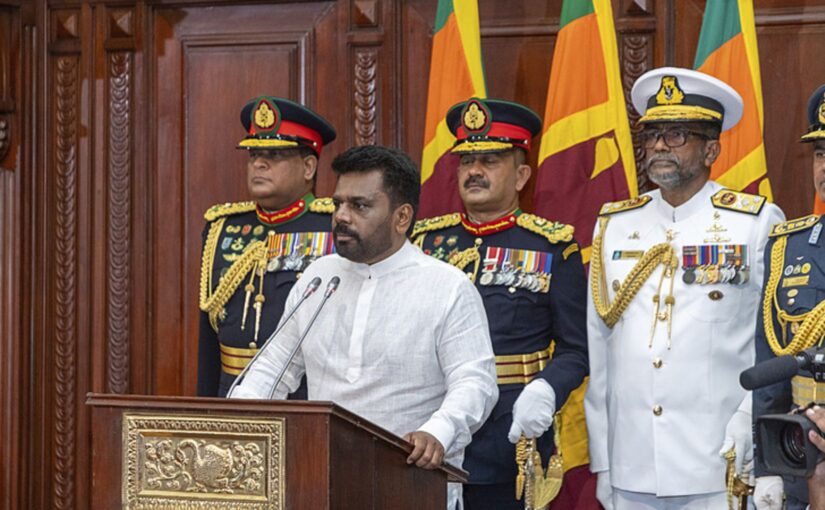

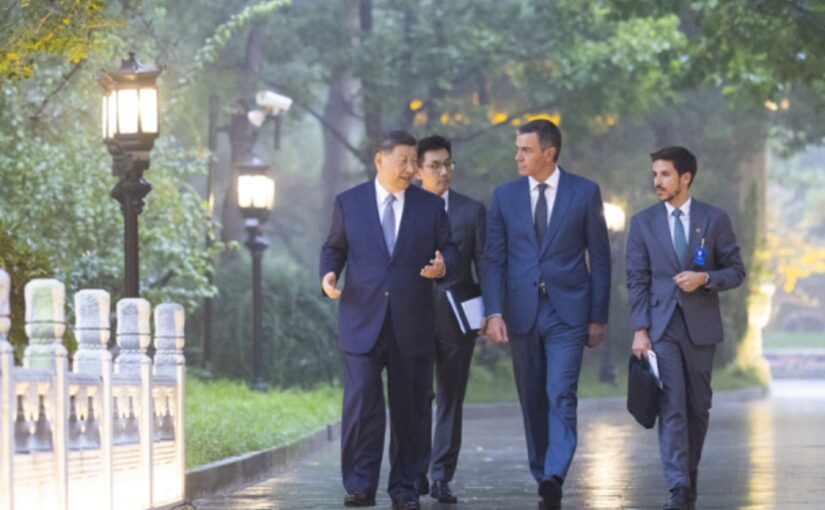
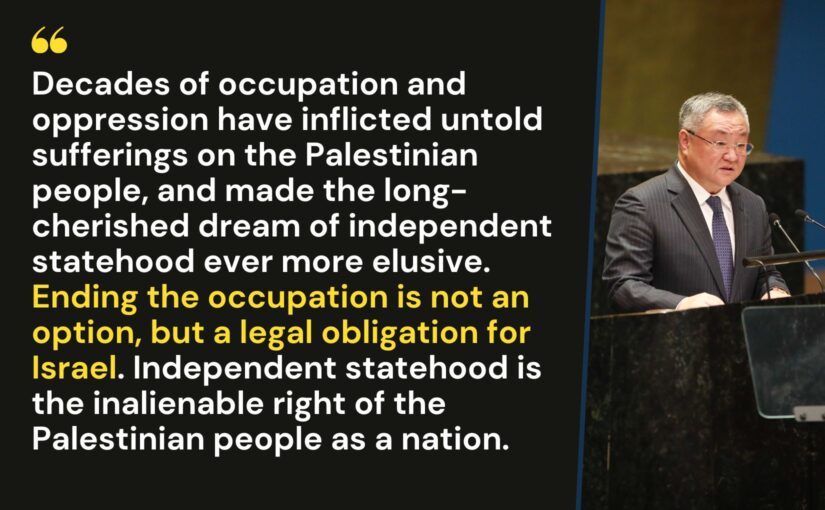
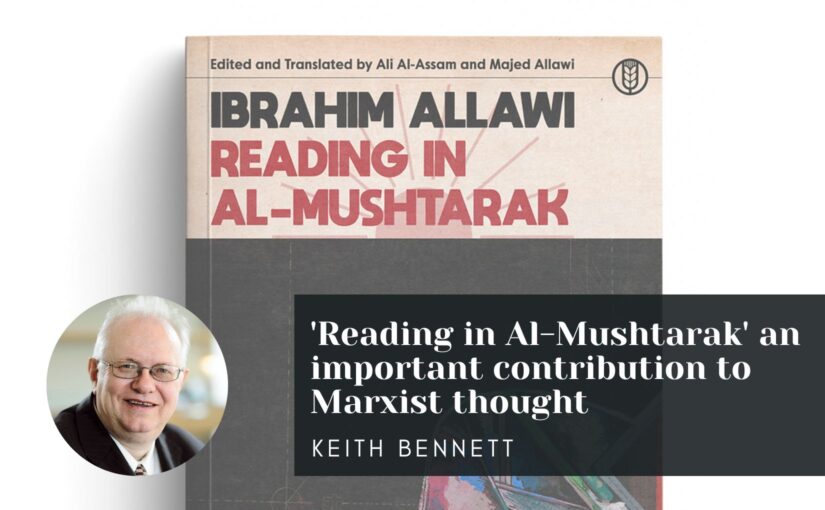
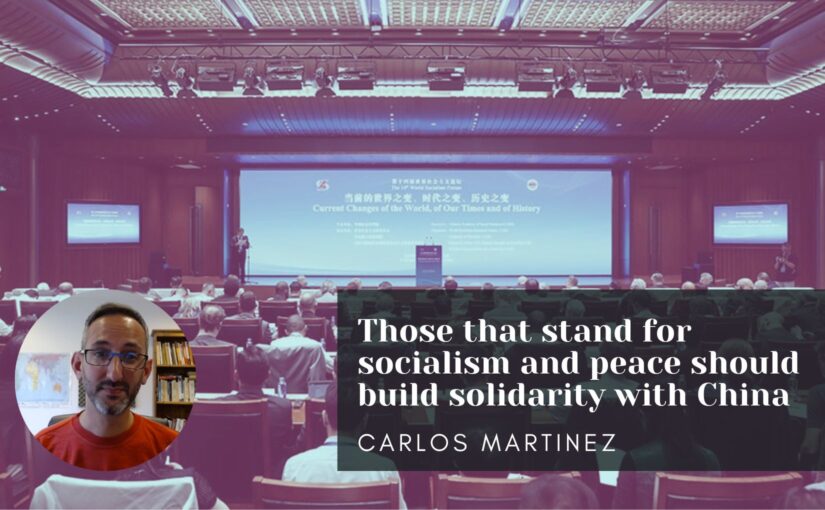
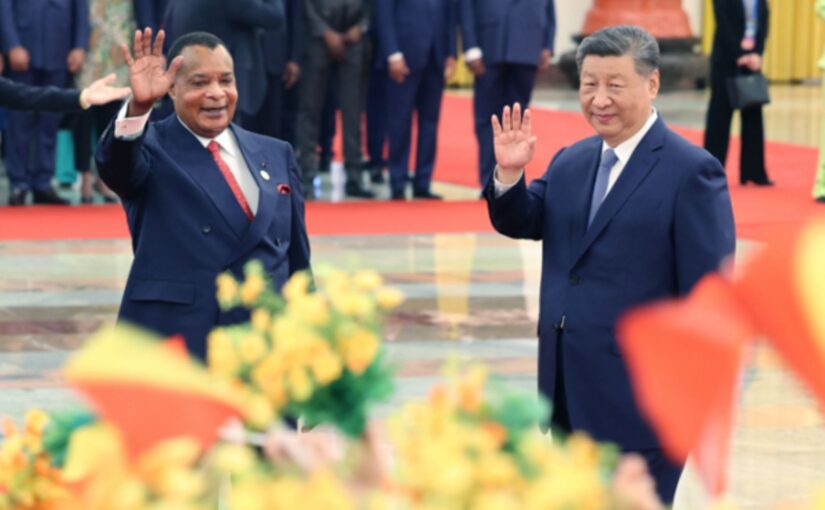
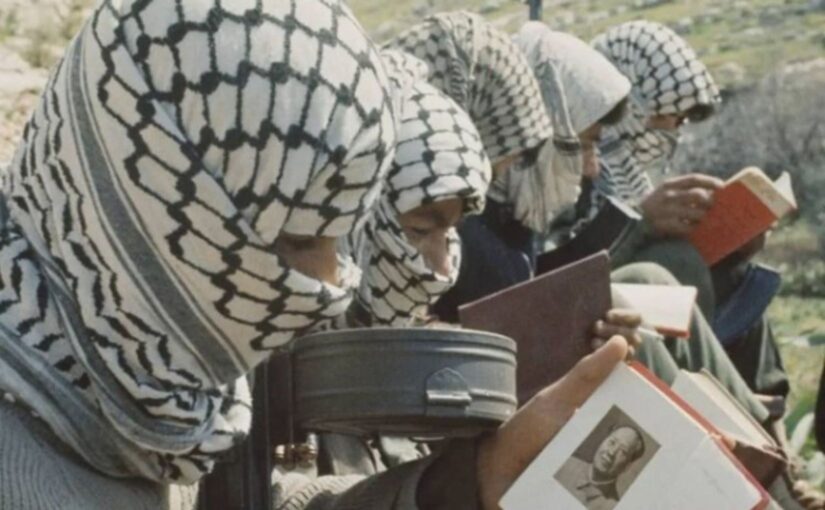
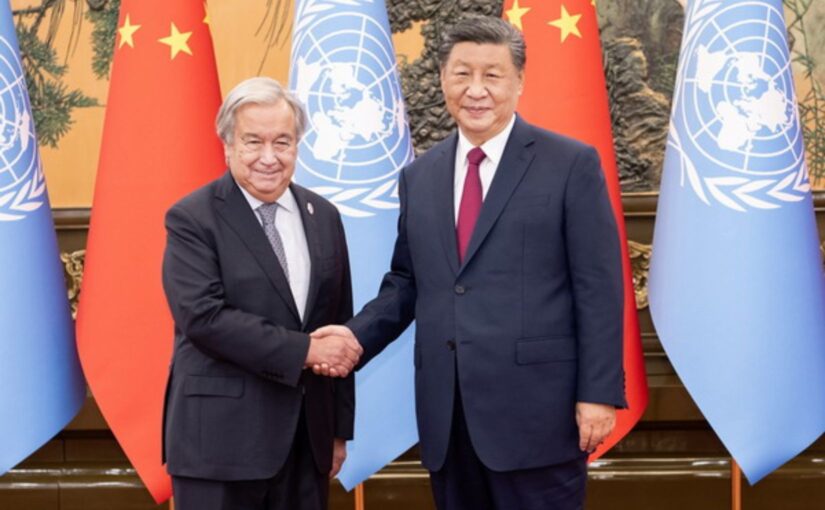
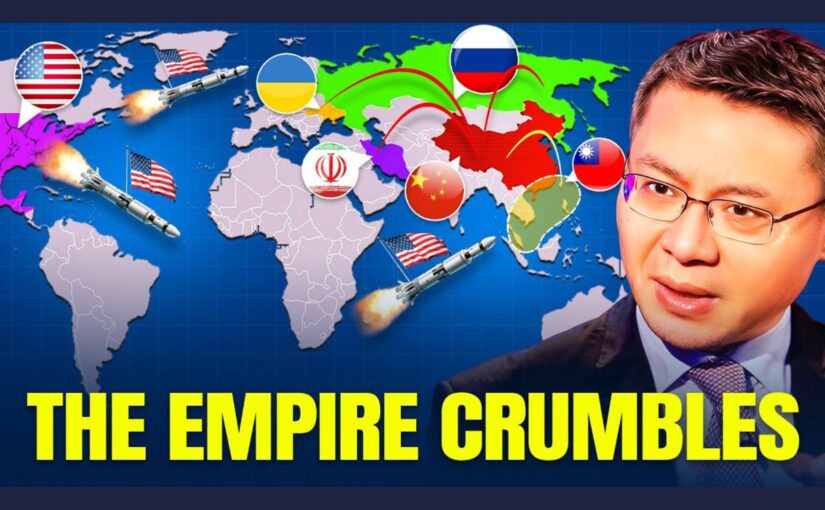


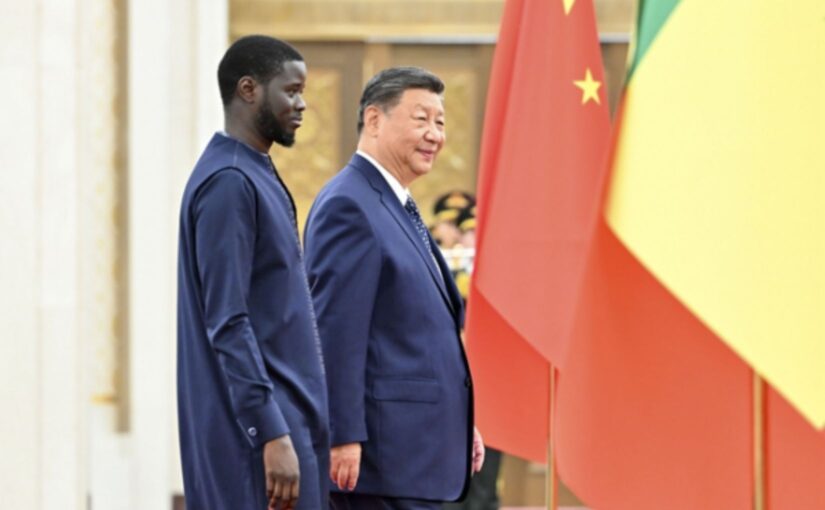
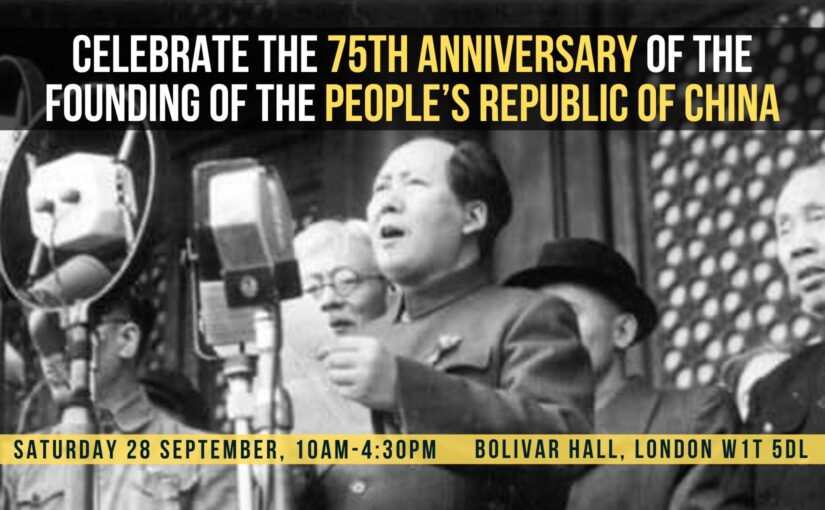
 Saturday, September 28
Saturday, September 28 10am – 4:30pm BST
10am – 4:30pm BST Bolivar Hall, 54 Grafton Way, London, W1T 5DL (
Bolivar Hall, 54 Grafton Way, London, W1T 5DL (
